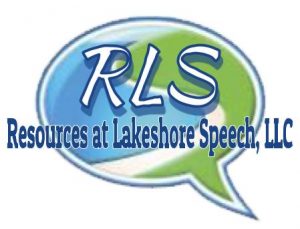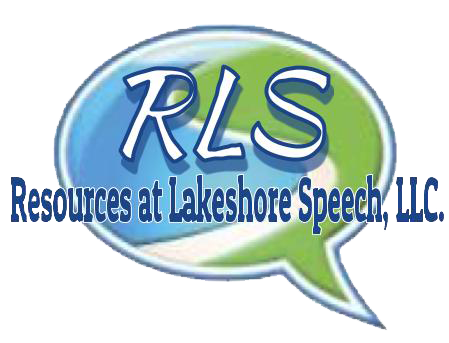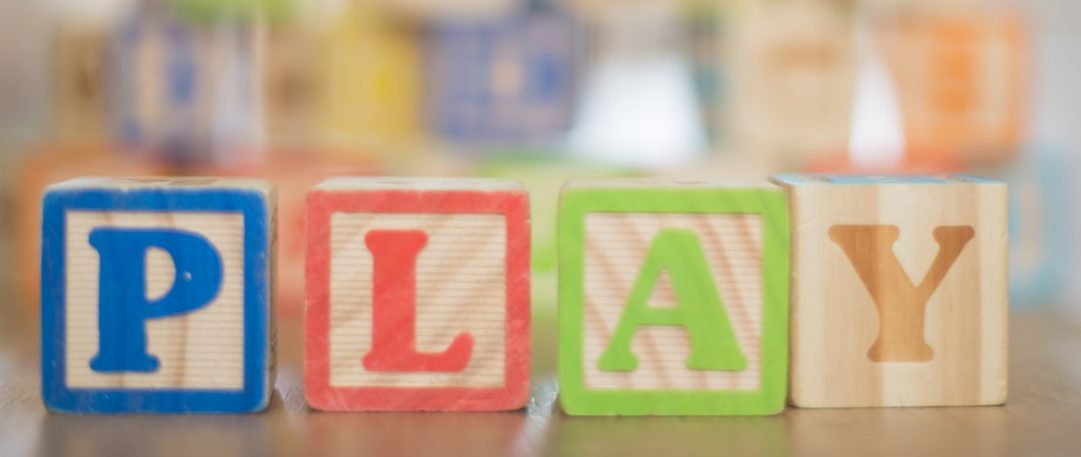
While Cleveland is a ‘go to’ destination for many people during the Summer months, you may be leaving for a get away of your own. Whether basking in the sun, sleeping under the stars or reading every historical marker/plaque across the country is your idea of a vacation, it’s easy to weave in a few moments of language enrichment or practice.
Enjoying time with family and friends does not necessarily mean you can’t work on your speech-language skills. If your child is working on articulation, listen for correct production of sounds and use reminders to help correct errors. If your child is working on language, use these games to practice vocabulary. If your child is working on following directions, these games are perfect for working on those skills (not to mention passing time in what can feel like and endless car ride!).
I Spy…“I spy with my little eye, something blue.” Directions: One person spies something and recites the line, ending in a clue. Everyone else takes turns trying to guess the mystery item.
I’m Going on a Picnic/Trip/Space Adventure….. Directions: The first player says “I’m going on a picnic/trip/space adventure (or whatever interests your child) and I’m putting in my suitcase…” followed by something that begins with A (apple/air/ape). The second player repeats what the first person said, but adds something that begins with B (“I’m going on a trip and I’m putting in my suitcase and apple and bermuda shorts.”). And so on with C, D, and the rest of the alphabet. If someone forgets an item, he/she is out OR you can allow everyone to chime in to help OR the next person just starts over with A.
Add-on Storytelling…..One person starts a story with only one or two sentences and stops in the middle of the next sentence (“Once upon a time, there was a lovely princess. The princess lived in a huge…..”). The next person starts their story where the previous person left off (“igloo on a mountain. The princess has long brown hair and her eyes were …..”) You cannot negate or poo-poo another’s idea, you can only build on the story (“on the top of her head. She was a martian princess from the land of ….”)The stories are sure to start get everyone giggling. An adaptation to this game could be an adult tells the full story and the children add the descriptors/objects/verbs when the adult pauses.
20 Questions …… Directions: One person thinks of something (you may want to determine a category or area to narrow the choices for beginners), and everyone else has only 20 YES/NO questions to ask to try to guess what it is. If someone guesses correctly before the 20th question, that person get to think of an item and ANSWER the yes/no questions. If no one figures it out, the person answering gets to go again.
Category Naming Game…. Directions: The ‘announcer’ (typically a parent) sets a time limit (ie: 60 seconds), that person announces “Name all the pick a category you can think of starting NOW!” The player starts naming all the items in that category. If the player names an incorrect item, the announcer starts counting down from 10, if the player cannot come up a correct item in the category by the time the announcer gets to 1, it’s the next players turn.
Safe Travels!
Yours in Speech,
Lakeshore Speech






